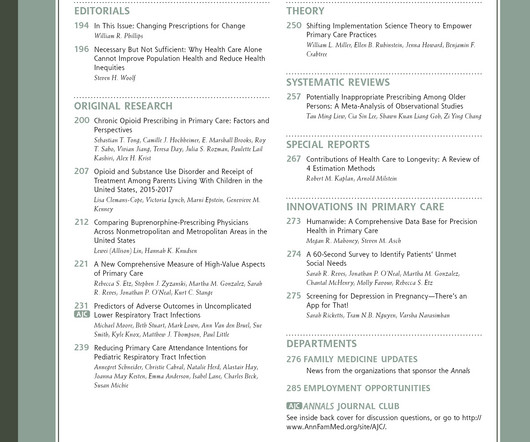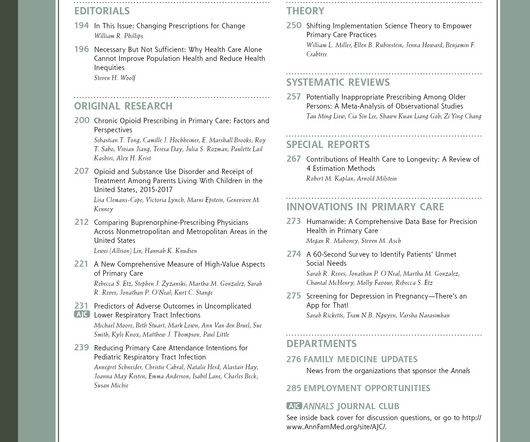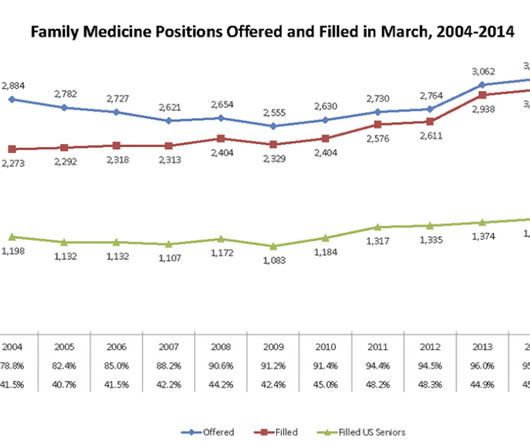The Midwest Trans Health Education Network: Increasing Access to Gender Affirming Care Through Virtual Training Cohorts [Education and training]
Annals of Family Medicine
NOVEMBER 20, 2024
Context Gender affirming medical care is associated with long term benefits for transgender and non-binary patients but access to such care does not meet the current need. Many practicing providers receive no training in gender affirming hormone care, working competently with gender diverse patients, or ensuring an affirming care environment.












Let's personalize your content